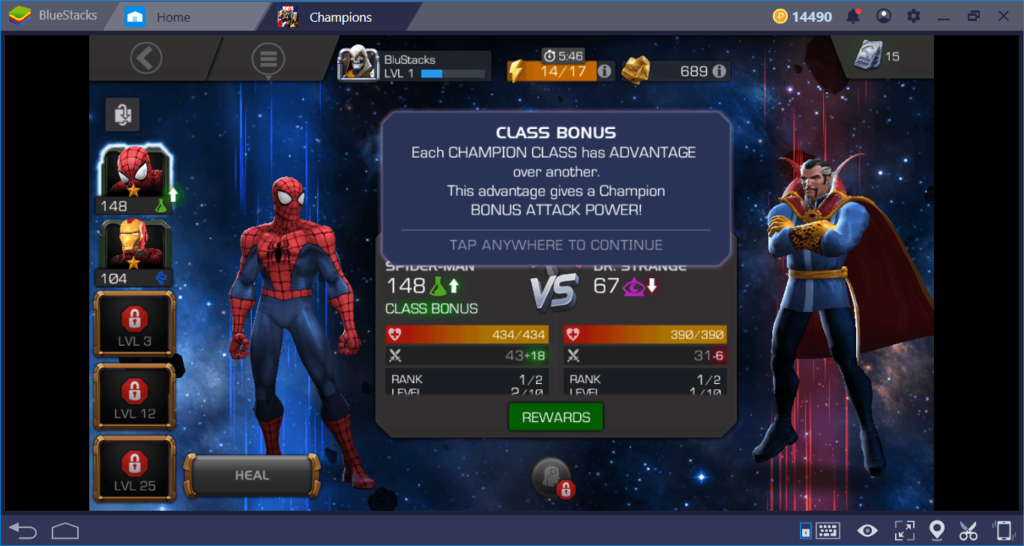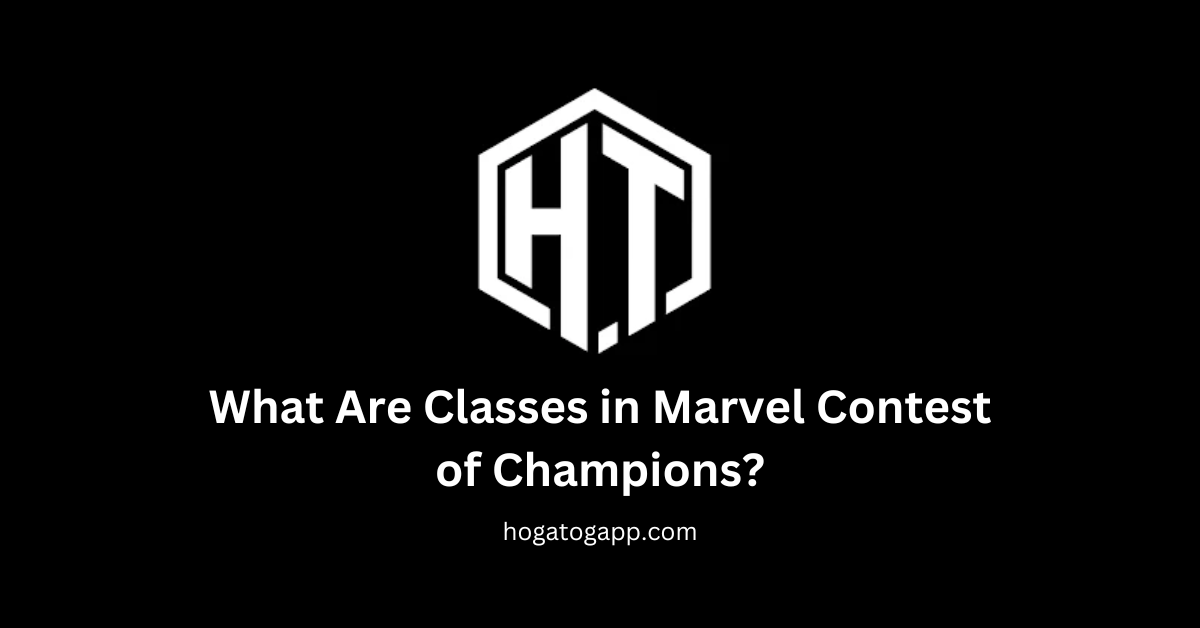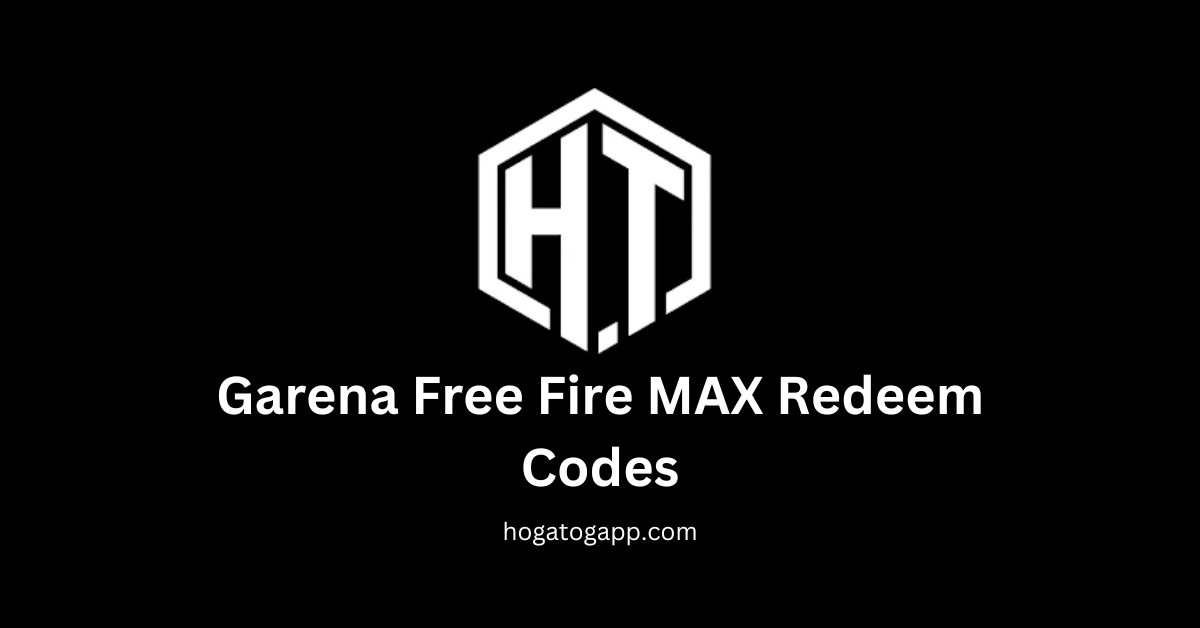As earlier noted in Marvel Contest of Champions (MCOC), classes form the basis of the game’s strategy in defining how champions work in relation to each other. The characters competing in MCOC belong to one of six classes which form rock-paper-scissors arch that has certain influence on fights.
To better understand you need to figure out what are classes in Marvel Contest of Champions, and what not, because it will not only help you master the game, but it will help you build stronger teams, and pass Story Quests, Arena, and Alliance Wars modes!
The Six Classes in Marvel Contest of Champions
The game divides all characters into six distinct classes, each with its own unique characteristics:
- Cosmic
- Tech
- Mutant
- Skill
- Science
- Mystic
These classes follow a circular advantage system, meaning each class has a specific class that it is strong against and another that it is weak against. This system encourages strategic thinking and careful team composition, making the understanding of classes pivotal to success.

1. Cosmic Class
Cosmic champions are beings who derive their powers from otherworldly or god-like sources. They are often known for overwhelming strength and reliance on buffs like Fury or Armor.
- Strong Against: Tech
- Weak Against: Mystic
Cosmic champions are best used to overpower Tech champions, taking advantage of their brute strength. However, they are vulnerable to Mystic champions, who can often nullify their buffs.
2. Tech Class
Tech champions rely on advanced technology, robotics, and gadgets to defeat their enemies. They often excel in power control, precision, and debuff management.
- Strong Against: Mutant
- Weak Against: Cosmic
Tech champions are known for their strategic abilities, making them particularly effective against Mutants, who rely on brute force or superhuman powers. However, they are weak to Cosmic champions.
3. Mutant Class
Mutant champions possess powers as a result of their X-gene mutation. These champions can have a wide range of abilities, from physical enhancements to telepathic powers.
- Strong Against: Skill
- Weak Against: Tech
Mutants can dominate Skill champions with their superior abilities and resilience but may struggle against the technological prowess of Tech champions.
4. Skill Class
Skill champions are highly trained fighters who rely on their martial arts, weaponry, and combat tactics rather than superhuman abilities. They often deal high critical damage and apply debuffs like bleed.
- Strong Against: Science
- Weak Against: Mutant
Skill champions are proficient at taking down Science champions, thanks to their combat expertise, but they struggle against Mutants, who can overpower them with their raw abilities.
5. Science Class
Science champions gained their abilities through scientific experimentation or accidents. They are often equipped with unique debuff abilities, stuns, and damage-over-time effects like poison or incinerate.
- Strong Against: Mystic
- Weak Against: Skill
Science champions excel in disrupting Mystic champions’ reliance on buffs and magical abilities, making them ideal counters. However, they can be outmatched by the skill and precision of Skill champions.
6. Mystic Class
Mystic champions tap into magical forces, using spells, mystical objects, or supernatural abilities to control their enemies. They are known for their power control and buff-nullifying abilities.
- Strong Against: Cosmic
- Weak Against: Science
Mystic champions shine against Cosmic champions, who often rely on buffs that Mystics can easily nullify. However, they are vulnerable to Science champions who can debuff and control the fight.
How the Class System Works in Marvel Contest of Champions
The class system in MCOC operates on a class advantage and disadvantage system. When a champion has a class advantage, they deal 20% more damage and take 20% less damage from their opponent. This interaction creates a strategic layer, where players need to be mindful of their team composition and ensure they are not bringing champions that are weak against the enemies they are facing.
Here is a how class system works in marvel contest of champions:
- Cosmic > Tech
- Tech > Mutant
- Mutant > Skill
- Skill > Science
- Science > Mystic
- Mystic > Cosmic
For example, if you’re using a Cosmic champion like Hyperion against a Tech champion like Ghost, Hyperion will have a natural advantage, dealing extra damage and taking less. However, if you’re up against a Mystic champion like Doctor Doom, Hyperion will face a disadvantage, and the outcome could be much more challenging.
Why Should You Understand Classes?
Understanding all about Classes in Marvel Contest of Champions by helping you know what they are and what they do can help you better in the game and quite specifically in competitive modes such as Arena or Alliance Wars.Expertly picking out champions with a class advantage can spare you resources, help you save them, and stop you from taking unnecessary losses. =
Some tips to keep in mind:
Team Composition: Don’t leave home without having a team that’s diverse and with multiple classes just to be ready to match up against all the matchups possible.
Counters: See what champions are counter hard to specific classes.For example, a Mystic champion with the power control abilities can easily digested most of a Cosmic champion who rely on buffs.
Synergies: However, don’t forget about synergy bonuses between champions, as these will add extra boost to your team’s performance in case you’re playing against classes or teams from the same comic series or storyline.
Conclusion
In Marvel Contest of Champions, classes are a core mechanic that influences every aspect of gameplay, from daily quests to major competitive events. Understanding what are classes in Marvel Contest of Champions and how to leverage them is crucial for building powerful teams and mastering the game’s strategy. By knowing the strengths and weaknesses of each class, you can plan your roster, dominate your opponents, and progress further in the game.
To succeed in MCOC, always consider the class advantages and disadvantages before entering a battle—this small adjustment can often make the difference between victory and defeat!




